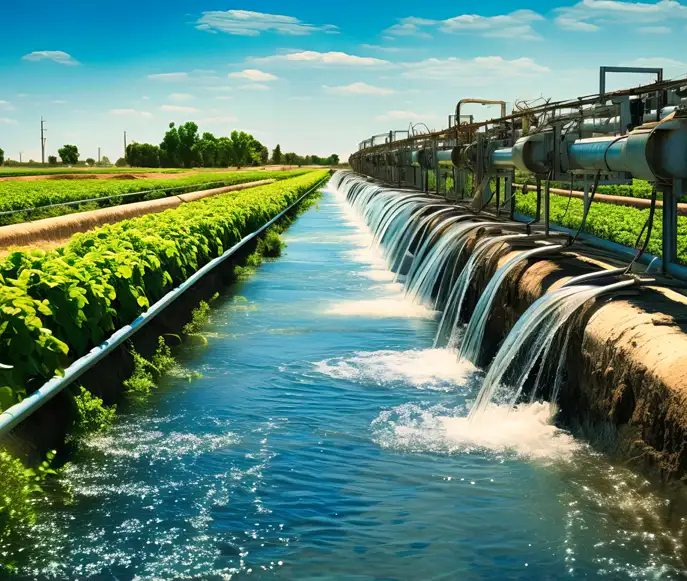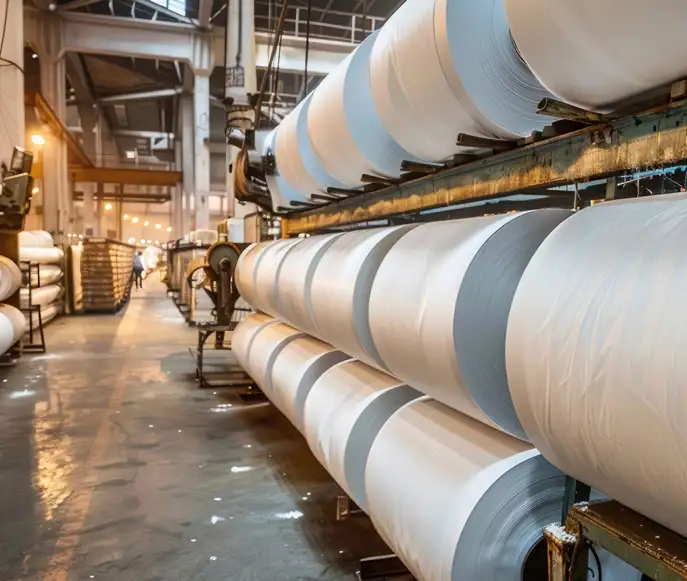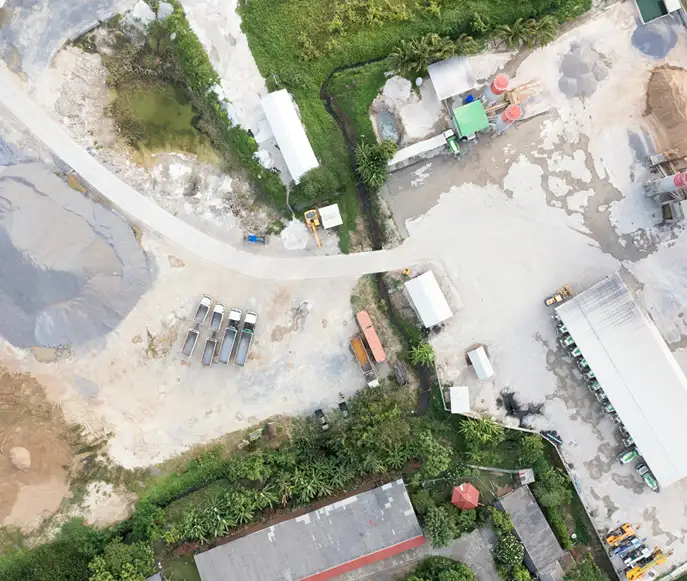Powering the World with Precision Pumps
Agriculture & Canal Pumping
Apr 27,2025

Agriculture & Canal Pump Applications
Mud, manure, and canal sediment are difficult materials to pump due to their viscous and abrasive nature.
Typical Agriculture Pump Applications
• Sediment Removal From Canals or Irrigation Systems
• Manure Handling & Transport
• Dairy Lagoon Maintenance
• General Desilting
• Containment Runoff Pond Cleaning
• Bagasse and Fly Ash Removal in Sugar Production
• Agricultural pumps for versatile water management in irrigation and other agricultural needs support healthy crops
• Irrigation pumps for efficient water management and crop yield reliability in modern agricultural practices
• Self priming centrifugal pump models offer efficient water distribution in agricultural fields
• Diesel engine in irrigation water pumps, contrasting with electric motors
• Electric motor in modern irrigation water pumps, contributing to environmental sustainability
Agricultural Pumping Problems
Mud, manure, and sediment are difficult materials to pump due to their viscous and abrasive nature. Centrifugal pumps in the agriculture industry quickly get worn down and lose their tolerances and suction capabilities. This results in significant downtime and costly spare parts, even with a reliable pump. Ensuring the desired flow rate is crucial for maintaining an adequate and consistent water supply for crops. Agriculture relies on easily accessible clean water for strong crops, and irrigation.
Efficient irrigation practices are essential for conserving drinking water resources, which is vital for both environmental sustainability and livestock care.
CAT Excavator with 6-inch Excavator Dredge Pump Attachment removing material from a poly lined canal. Optional liner-safe wheels attached to ensure liner safety.
As unwanted sediment accumulates over time in various water sources used in agriculture, including rivers, lakes, streams and containment ponds, it leaves less room for water containment and must be cleaned out. Due to the nature of the material, it can often be very costly and time-consuming to remove. A self priming centrifugal pump plays a crucial role in enabling precise control over irrigation systems, optimizing water usage, and enhancing crop quality and yields. These water pumps operate often in remote locations, delivering water to crops and animals each and every day.
Suction lines in automated irrigation systems can enhance crop growth by ensuring precise water delivery and extending growing seasons, leading to improved water management and higher farm income. The durability of these suction lines, even under high pressure, is far superior to the piping contained within home plumbing systems.
Furthermore, the abrasive nature of mud, manure, and other abrasive sediments will destroy the impeller of centrifugal pumps and cause pump failures, costly repairs, and spare parts. Our pump has a high tolerance ultra-recessed rotor that was originally designed to withstand the destructive nature of abrasive mud, sand, and rocks.
The Benefits Of Irrigation Water Pumps
In modern agriculture, efficient water management is crucial for maximizing crop yields and ensuring sustainable farming practices. A high-quality irrigation pump (portable or not) plays a pivotal role in achieving these goals by providing consistent and reliable water supply distribution. Here are some key benefits of investing in a high-quality irrigation pump:
1. Enhanced Water Efficiency
Top-tier irrigation pumps operate efficiently to provide precise water delivery, reducing waste and optimizing water usage. This is especially vital in areas with limited water resources, such as small lakes or rivers or streams, where every drop counts. By delivering clean water directly to the root zone, a high-quality pump helps minimize evaporation and runoff, promoting better water conservation.
2. Increased Crop Yields
Consistent and adequate water supply is essential for healthy crop growth in agriculture. A high-quality irrigation pump delivers water evenly across the entire field, ensuring that all plants receive the necessary moisture. This uniformity in irrigation leads to improved crop health, uniform growth, and ultimately, higher yields.
3. Energy Efficiency
High-quality irrigation pumps are designed with energy efficiency pumping in mind. They often feature advanced technology that reduces power consumption, offering farmers lower operational costs. Efficient self priming centrifugal pumps also require less maintenance, which translates to reduced downtime and lower repair expenses.
4. Longevity and Durability
Investing in a high-quality irrigation pump means investing in durability and long-term reliability. These pumps are built with robust materials and superior craftsmanship, ensuring you can quickly employ these pumps knowing they can withstand harsh agricultural environments. Their extended lifespan reduces the need for frequent replacements, providing farmers with peace of mind and long-term savings.
5. Versatility and Adaptability
Modern high-quality irrigation pumps are designed to be versatile, accommodating various irrigation methods such as drip, sprinkler, and surface irrigation. This adaptability allows farmers to customize their irrigation systems depending on water source to meet the specific needs of different crops, soil types, and climate conditions.
6. Environmental Benefits
Efficient water use through high-quality irrigation pumps contributes to environmental sustainability. By reducing water waste and energy consumption, these pumps help lower the carbon footprint of agricultural operations. Moreover, they support responsible water management practices that protect local water resources, drinking water and ecosystems.
Hot Tags:
PREVIOUS:
NEXT:












